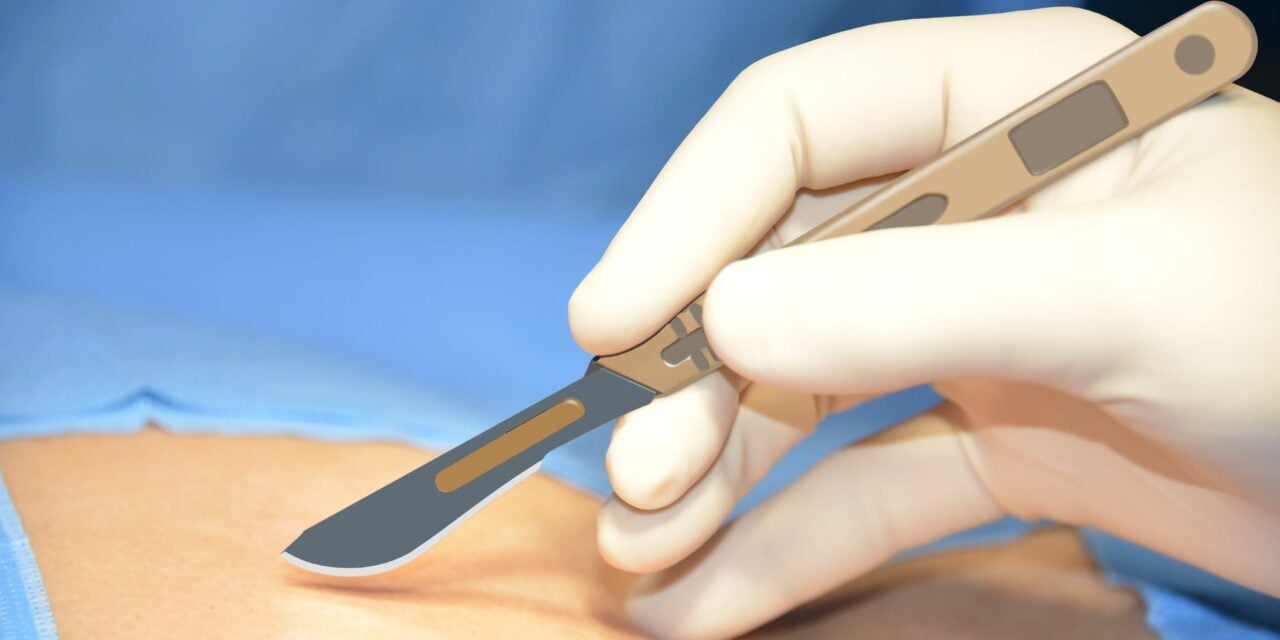Researchers have discovered a naturally occurring protein that could lead to new therapies for preventing excessive scarring in patients during wound healing.
Researchers have identified a protein that helps prevent excessive scarring during wound healing. The protein, called fibromodulin (FMOD), forms a complex of molecules with interleukin 1β that stops myofibroblasts from forming excessive scar tissue.
The findings could lead to a new way to reduce or prevent excessive scarring, which could benefit patients recovering from surgery, injuries, or burns. The study is published in Nature Communications.
In previous studies, the researchers had described the critical role of FMOD in enabling scarless fetal-type repair as well as preventing excessive scarring during adult-type repair. For this new study, the researchers investigated the effects of FMOD on myofibroblasts, a key cell in healing and scar formation. Myofibroblasts should die off after a wound heals, but they can continue forming tissue long afterwards, leading to excessive scarring. The fibromodulin-based complex promotes the death of myofibroblasts.
“Dr Eric Kang Ting and I have been studying how to reduce skin scarring for the past two decades at UCLA,” says Chia Soo, MD, professor of surgery and vice chair for research for the UCLA Division of Plastic and Reconstructive Surgery, in a release. “This publication explores the crucial role of naturally occurring fibromodulin in regulating a key scar-forming cell, the myofibroblast. This, combined with our team’s FDA-approved clinical study led by Dr Zhong Zheng using a fibromodulin-derived peptide in 54 patients for scar reduction, demonstrates a significant leap in potential treatments for patients with excessive scarring.”
ID 29975108 © Banol2007 | Dreamstime.com



